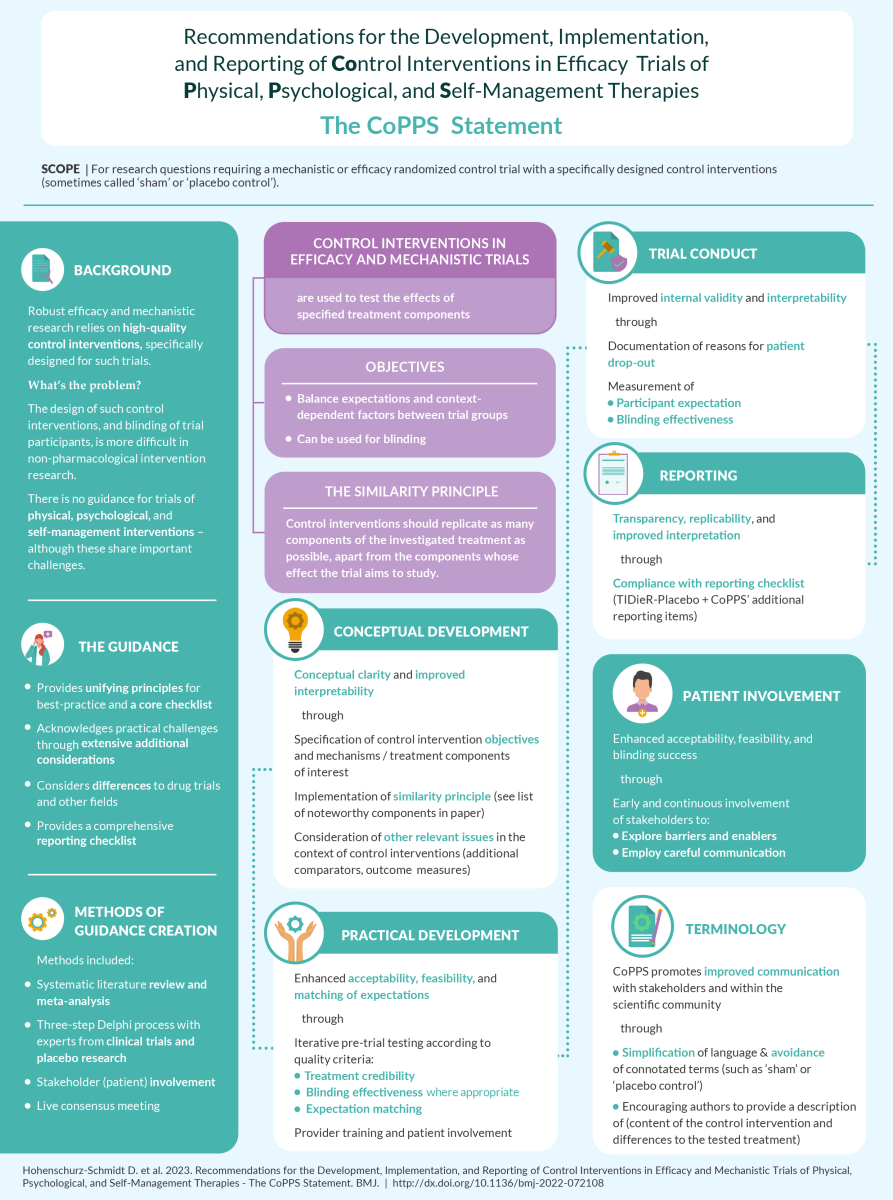Senior Research Fellow publishes clinical trials guidance in BMJ

We’ve all heard of the use of ‘placebos’ in drug research studies, but how do you create a placebo control for clinical trials testing physical and psychological therapies, including complex interventions such as osteopathy? David Hohenschurz-Schmidt, Senior Research Fellow has published a best-practice guideline on this subject in the highly-regarded British Medical Journal.
As part of a joint PhD between the UCO and Imperial College London funded by the Alan and Sheila Diamond Trust, David has led the development of guidance for researchers on control interventions for non-drug trials. The guidance will help to advance the development and support the credibility of high-quality research for physical, psychological, and self-management interventions, including but not limited to osteopathy. In doing so, this work is hoped to improve the research quality in these fields, an issue which has in the past held back public recognition of treatments.
Charles Hunt, (former) Vice-Chancellor of the University College of Osteopathy says:
“We are very proud to be the leading institution for osteopathic research in the UK and to be producing research which is also of value beyond the osteopathic profession. This guidance will be of significant interest to the wider health research community as demonstrated by its selection for publication in the prestigious British Medical Journal. My congratulations to David and his fellow contributors.”
David Hohenschurz-Schmidt said:
“Bringing together over 50 experts from several disciplines, this paper shows how fundamental the control intervention conundrum is to the study of non-pharmacological treatment alternatives, for example in the mental health or pain fields, where drugs often don’t work.
“I hope this guidance will raise the standard of research on non-pharmacological therapies and thereby help clinicians, policymakers, and patients to make better-informed decisions about treatments.”
The full article is available to read on the BMJ journal website.